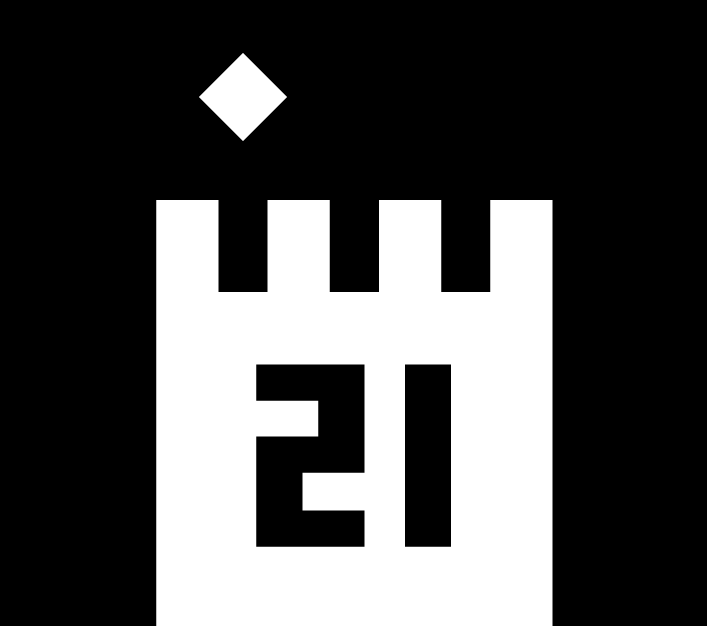I wish I owned 221 bitcoin, but I don’t. I am a Senegalese Bitcoiner, and 221 is the Senegal country code.
My Bitcoin journey started on august 2017, when one of my colleagues talked to me about cryptocurrencies. I immediately found it very interesting as I was working in the financial sector, and have seen its ugliness. I was from a colonized country, dominated by a foreign country through its monetary policy, and I had been looking for a way out for years. I realized I may have just discovered a potential solution.
I started to learn about the concept, starting with what was at that time the biggest hype in the market; Ripple… .
I quickly understood that this was not what I expected, needed or wanted. It was a hyper-centralized project, catering to the philosophy and needs of banks and states, not people.
From there, I decided to learn as much as I could about each of the Top 10 projects by market cap. That was when I really discovered Bitcoin.
Even as a newcomer, it was easy for me to understand the broader idea and implications of the Bitcoin whitepaper, even if I was not previously familiar with concepts like deep cryptography and hashing. Nor had I ever heard about B-money or hashcash.
What I discovered was a truly open source project, led by no one and led by everybody. A community dedicated to creating and sharing free open source content on a myriad of platforms. It felt amazing to suddenly have access to all these valuable pieces of knowledge. As a result, my journey broadened. It was no longer only about bitcoin as a currency, but also about cryptography, p2p networks, tcp/ip, Tor, i2p, github, cybersecurity, as well as deepening my understanding of how money works.
As I understood more and more about why Bitcoin and how Bitcoin, I wrote my first paper about it for yeewu.net, a dissident blog dedicated to Senegalese cultural and societal revival.
From there, I created a Telegram group with my closest friends, in order to teach them about basic Bitcoin concepts like wallets, public and private keys, self custody, etc. This was thus far one of my best experiences in the Bitcoin world, as I managed to turn several nocoiners into bitcoiners. Learning more and more about Bitcoin and sharing what I discovered with my inner circle, is what I did between 2019 and early 2021.
The next step was to put what I learned into practice. I now had lots of knowledge, but wasn't really living the experience, so I decided to start running my own full node.
I got hold of an old abandoned laptop, cleaned it (inside and outside) and replaced the Windows OS with an Ubuntu one. I then installed the Bitcoin Core client. The Initial Block Download took me almost 2 months, a long wait, but it was worth it! When all blocks were finally synced, I started to play around with the node. I discovered RPC commands, the Bitcoin Script language, and also, the most exciting things for me; HD wallets and PSBT(Partially Signed Bitcoin Transactions).
I started to really understand the power of Bitcoin and what it teaches us; you are responsible, seek knowledge, keep learning, stay humble.
Besides all its revolutionary technical aspects, Bitcoin pushes humans to question ourselves and what we know. It pushes us to be courageous.
This new-found hunger for knowledge (what people are calling the rabbit hole), led me to apply to participate in the Chaincode Labs Bitcoin Development seminar. I was accepted!
I learned so much, I met wonderful and smart people and I gained more confidence in everything I had read and learned by myself.
Bitcoin really is open source, and I wanted to be part of this open source nature that is so integral to the protocol and the ecosystem, not just sit on the sideline taking what people gave me for free. I wanted to give back.
I submitted my first pull request to the bitcoin core project this year. I also help to run tests, both my own and from other contributors.
I wanted to share my knowledge about Bitcoin with my fellow Senegalese people, the feeling that we, as a country, have a role to play in this epic history in the making. For two months now, I have been recording and sharing podcasts about Bitcoin, in Wolof, the Senegalese national language. I made some videos too, to illustrate my words, and shared them on Youtube.
I have created a Telegram group where I try to gather young people interested in Bitcoin development, and a Clubhouse group (Bitcoin Sénégal). I organize a weekly room where we meet and share thoughts on Bitcoin and how we can use it in order to help the population of Senegal.
What's next?
I am about to start the five weeks long Chaincode Labs Lightning Development seminar.
I just created a consultancy firm here in Senegal, in order to help individuals and companies understand Bitcoin better, and secure their wallets.
I keep recording podcasts, making videos, hosting rooms and writing articles to spread Bitcoin knowledge to people that have not previously had access to it.
I have the feeling that my journey has just begun.
Nourou is a free thinker. He grew up in Dakar, Senegal. He used to work as a consultant in the european financial sector, and is now a digital nomad. He feels that knowledge means nothing if it cannot be shared with others, helping them live better lives. He is the creator and main writer of the "yeewu.net" blog, where he talks about awakening. He is the creator and the host of the weekly "Bitcoin Sénégal" talk on Clubhouse, and also of the "Yeewu Jotna" (It's time to wake up) channel on Youtube, where he explains the basics of bitcoin in Wolof, the Senegalese national language.



